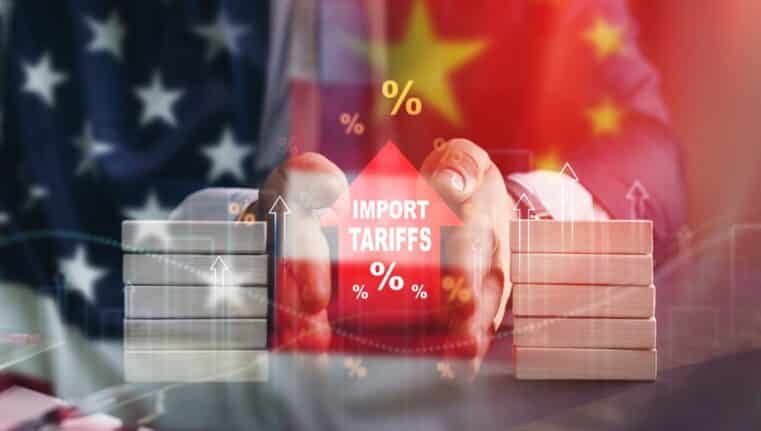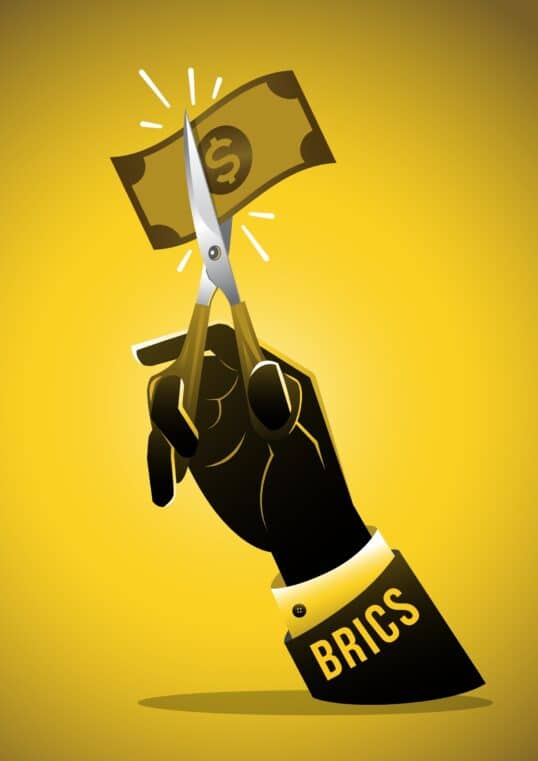
3 Money Laundering Scams You Need To Know About
EDITOR NOTE: As the COVID pandemic hit a number of supply chains across several industries over the last few quarters, black market supply chains were just as vulnerable as the rest. Now, like every other business, they’re putting a lot of effort into going “remote.” Consequently, there’s been a rise in online money scams, largely to keep money laundering lifelines open. Folks, if an unknown “foreign lover” asks for money, don’t send it. If a company gives you an easy “repackaging” job, it’s a red flag. And no, you didn’t win an unsolicited lottery that you never played. Stay smart. Don’t fall for it. Otherwise, you may end up a remote “money mule” (read: jackass) for some criminal organization.
Money laundering (also known as “money mule”) scams have been around for a long time, but have been gaining in frequency during the Covid-19 pandemic. That’s because many of us are quarantined at home, spending more time online, where many of these scammers prey.
Three of the most-popular money mule scams involve online love interests, work-from-home jobs, or lottery or prize winnings. Consider any offers or invitations to send or receive money in these scenarios suspect until thoroughly vetted. Any of these scams can result in you inadvertently laundering or passing on stolen money – and possibly facing financial or legal consequences.
Scam #1: The foreign lover
You meet someone online who lives at a distance (maybe even another country), but they seem wonderful, and the two of you hit it off really quickly. Soon, this person starts asking you to wire them money, or receive money in your bank account or by wire transfer. They may even ask you to send money elsewhere. The excuses or reasons they give you for needing money may sound reasonable – such as needing money for plane travel, visas, or medical expenses. These aren’t real, however, and you soon start suspecting so.
Stop communicating with the person immediately. This is a tell-tale sign of a money mule scam. You should report it immediately to your bank, wire transfer company, or your state attorney general’s office, otherwise, you might find yourself inadvertently embroiled in a financial crime. You can also file a complaint with the Federal Trade Commission.
Scam #2: The fake shipping scam
You respond to an online job ad offering an easy job of re-packing or forwarding packages. You are asked to pay the postage or forwarding fees out-of-pocket, while the company then provides you with a fake “reimbursement” or “earnings” check. You’ve just gotten stiffed, may face overdraft or bank fines, and worse, may even inadvertently be forwarding illicit materials.
Thoroughly vet any job offers by investigating the company online, or with the Better Business Bureau. If you suspect you’re being targeted by a scam, report it to the Department of Justice Financial Crimes Task Force.
Scam #3: Prize or lottery winnings
You’re informed out of nowhere that you’ve won a prize or foreign lottery. All you have to do is wire money to “insure” the prize, improve your odds of winning a sweepstakes, or pay “shipping & handling fees.” You may be asked for your bank account or credit card information. Don’t do it. This is a classic scam, and one that’s been growing in popularity in recent years.
First, it’s illegal to participate in foreign lotteries. Second, legitimate lotteries or sweepstakes don’t request your personal financial information. Finally, if it sounds too good to be true, it probably is.
Other scams
Though the three listed above are the most common, there are a plethora of scams to be alert to, including charity scams, online job scams, and many others. The key is to recognize the telltale signs, in which scammers ask you for money, request that you receive or send wires or bank transfers, or ask for your financial information. And when in doubt, remember to contact the FTC, Consumer Financial Protection Bureau, or your state attorney general’s office. Stay alert, and you’ll never be an easy target.
Originally posted on CNBC











